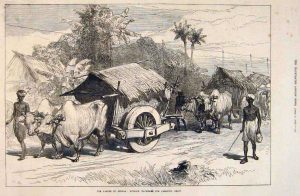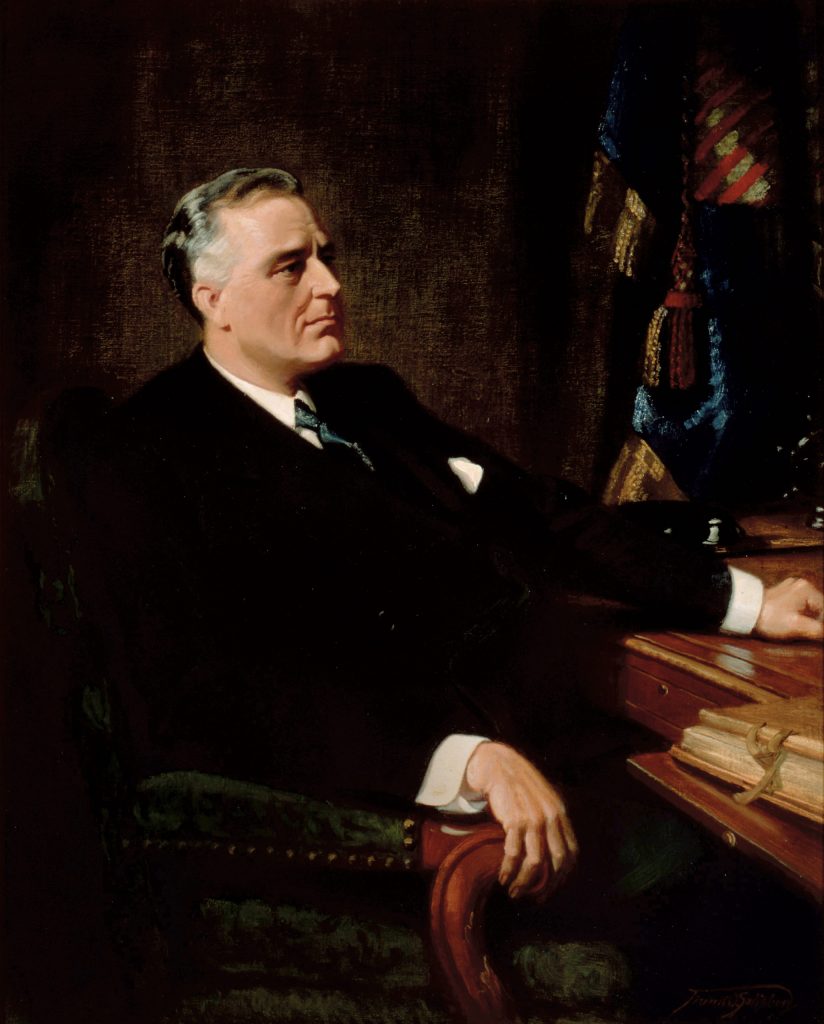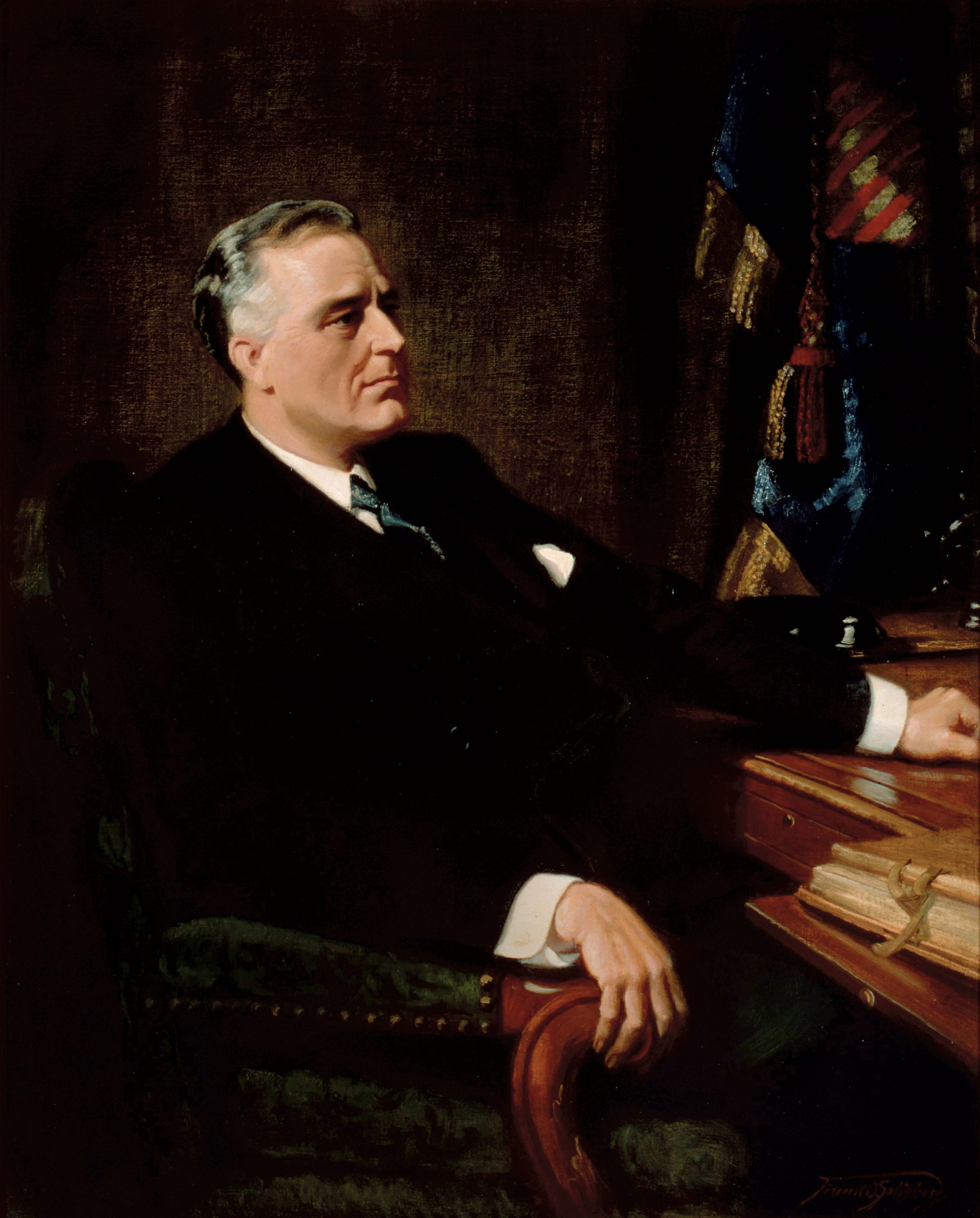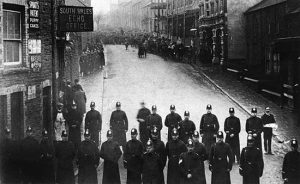
Finest Hour 173
Leading Myths – Cape Town Gold: A Churchill Myth in Reverse

August 14, 2016
Finest Hour 173, Summer 2016
Page 24
By Warren Kimball
Warren Kimball is a member of the Editorial Board of Finest Hour and Robert Treat Professor Emeritus of History at Rutgers.
One of the challenges of writing proper history is telling what and why something happened within a broad enough context to avoid distortion-by-brevity.

2024 International Churchill Conference
A corrective, if I may, to Michael McMenamin’s telling of the Cape Town gold story in “Action This Day” (FH 171). It is a nice tale, but told in a short version tends to perpetuate two myths. Unfortunately, Winston Churchill’s war memoir contributed to the mythology. The first is the image of greedy Americans “squeezing” out all they could from what Churchill described as a “helpless debtor.” The second is the obvious assumption, by Churchill and at least two British official historians, that the proposal to ship gold across the Atlantic, risking U-boat attacks, came from those avaricious Americans.
As McMenamin described, Sir Frederick Phillips of the British Treasury (in Washington to discuss financial matters) “was told” on 23 December 1940 that Roosevelt had “arranged” for shipment of Cape Town gold to the United States. True enough, but the reality is that the suggestion of a gold transfer was not an American brainstorm. Rather it came four days earlier from Phillips himself, although he seems to have been surprised that his casual idea had been adopted and acted upon so quickly. As a Treasury official reported to the Department Secretary, Henry Morgenthau, Jr., “Phillips whether it would be possible for the Treasury…to buy gold situated in Australia or South Africa.” He even wondered if American warships might carry the gold.1
 The confusion comes from Churchill having printed in his memoir a draft message as having been sent to Roosevelt. In that draft Churchill expressed understandable concern that the transfer could have “embarrassing effects.” Defeatism was his greatest fear, and a forced transfer could be misinterpreted. But that phrasing was a come down from an angry earlier draft in which he wrote of a “sheriff collecting the last debts of a helpless debtor.”2 There is little doubt that the drafts reflected the Prime Minister’s candid reaction to the Cape Town gold transfer proposal. But he wisely just sent FDR a message saying he agreed with the proposal, with a gentle caution that it would generate “varying reactions.”3
The confusion comes from Churchill having printed in his memoir a draft message as having been sent to Roosevelt. In that draft Churchill expressed understandable concern that the transfer could have “embarrassing effects.” Defeatism was his greatest fear, and a forced transfer could be misinterpreted. But that phrasing was a come down from an angry earlier draft in which he wrote of a “sheriff collecting the last debts of a helpless debtor.”2 There is little doubt that the drafts reflected the Prime Minister’s candid reaction to the Cape Town gold transfer proposal. But he wisely just sent FDR a message saying he agreed with the proposal, with a gentle caution that it would generate “varying reactions.”3
But why was the Cape Town gold transfer first proposed? Churchill noted in his war memoirs that the interval between November 1940 and passage of Lend-Lease in 1941 was marked by an acute stringency in dollars. Britain desperately needed to continue placing orders during that “interim finance” crisis, without having to pay up-front cash. But various pieces of US legislation required Britain to pay cash for war supplies. Moreover, Treasury Secretary Morgenthau had told Congressional questioners that the British would pay their bills. Hard as it may be to believe in hindsight, FDR and his advisers genuinely feared that socalled isolationists could stand in the way of aiding Britain and perhaps delay or defeat the Lend-Lease bill, then being written. As Churchill well knew, the Roosevelt administration had to deal with a persistent American image of an opulent Great Britain and its empire.
But Roosevelt and Morgenthau did not try to “collect the last assets of a helpless debtor.” They, and the Secretary of State, Cordell Hull, rejected notions of acquiring British territories in the Caribbean. They forced transfer of assets from only one single British corporation. Why? In order to convince Congress that the Administration was not being conned by the British. The British understood the need for a “spectacular sale,” and offered up the Viscose Corporation of America. If the US was so very selfish and greedy, how could FDR have come up with Lend-Lease (just before the gold transfer proposal), which called for a full and unequivocal subsidy of Britain’s war needs? Bargaining over international trade policy and “imperial preference” came later, but Lend-Lease was, in Churchill’s words, “the most unsordid act in the whole of recorded history.”4
As we all know, Churchill could be petty, picky, and petulant in his initial reactions to events (like all of us). But part of his greatness is that he did not remain wedded to those impulses, frequently listening to advice from his staff. Great Britain’s interests and security were his lifetime focus. He quickly and easily moved on from his private “helpless debtor” reaction to accepting the political exchange. Getting Lend-Lease was a far, far better thing than pouting about a transfer of Cape Town gold—a transfer that had been proposed by a British representative, whether or not Churchill knew it.
For the excruciating details, please see my article, “‘Beggar My Neighbor’: America and the British Interim Finance Crisis, 1940– 1941,” The Journal of Economic History, XXIX (Dec. 1969), pp. 758–72. The short version is in my book The Most Unsordid Act: Lend-Lease, 1939–1941 (Baltimore: Johns Hopkins, 1969), pp. 147–49 and 221–26.
Endnotes
1. Memo [Merle] Cochran to Morgenthau, Morgenthau Diary, 19 Dec. 1940, 341: pp. 190–94, Franklin D. Roosevelt Presidential Library.
2. PREM 4/17/1/86-94, The National Archives, Kew.
3. Warren F. Kimball, ed., Churchill and Roosevelt: The Complete Correspondence, 3 vols. (Princeton, NJ: Princeton University Press, 1984), vol. I, pp. 120–24.
4. Winston S. Churchill, The Unrelenting Struggle (London: Cassell, 1941), p. 298.
Subscribe
WANT MORE?
Get the Churchill Bulletin delivered to your inbox once a month.




